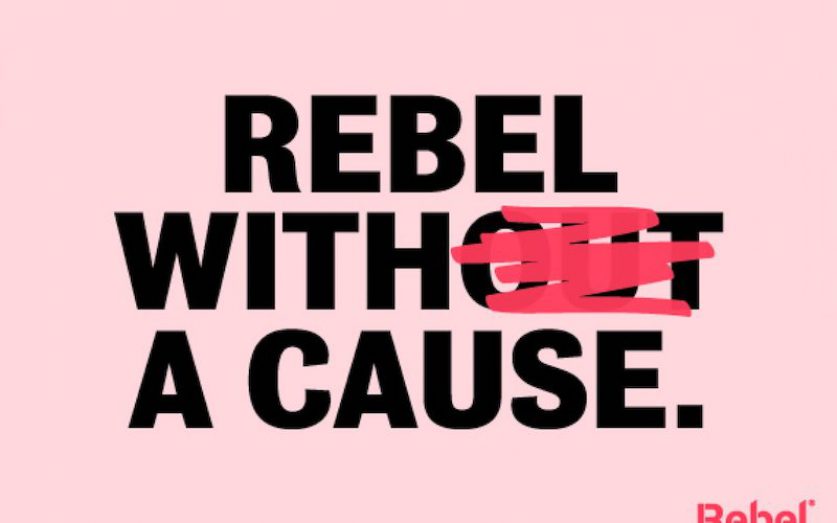
A startup energy supplier has postponed its full customer launch until the new year as it waits for conditions in the turbulent wholesale market to stabilise.
Crowdfunded Rebel Energy planned to open to sign-ups this summer, but by September had suspended customer onboarding as parts of its Beta Trial as wholesale gas and electricity prices soared.
Now, in a letter to stakeholders, CEO Dan Bates and COO Penelope Hope laid out a revised timeline, with an expansion into the wider market delayed until 2022.
“We have already begun to scale back our operations to minimum overheads and to focus our attention on our technology platforms alongside securing our intellectual property,” they wrote. “Fine-tuning our systems and overarching structure will provide a robust foundation from which to scale in the new year.”
“When we deem conditions to be ripe we will re-enter the market in a more advanced form,” the letter continued.
The delay follows stratospheric growth in the wholesale energy markets, which have wiped out 14 energy suppliers since September, including mid-sized players Pure Planet, Avro, Green Energy, Igloo, Utility Point, and People’s Energy. With gas and electricity prices unlikely to stabilise soon, dozens more suppliers could follow, making this year a particularly inauspicious time to launch a new retail energy company.
Rebel says it expects the “competitive landscape to look decidedly different” by next year, acknowledging the ongoing cull. But it says it hopes to “profit from such an environment.”
Rebel Energy previously said its use of the Blue Prism cloud and AI will help it “reimagine existing complicated industry processes and procedures” and succeed in a market known for its slim margins even before the recent crisis. Rebel Energy intends to automate routine operations, reducing staff numbers and overheads. It says it will pass on these savings to consumers by cutting prices.
However, it’s unclear how much savings Rebel Energy can find in a market where the annual wholesale cost of supplying a household is thought to be between £400 and £500 higher than the price cap that limits many tariffs. Rebel Energy could get around the cap by launching fixed tariffs at a higher price point, as some competitors have done recently. However, it may not attract many takers.
Meanwhile, the recent crisis threatens to wreck startups that were previously heralded as disruptors and innovators in the market. Bulb, earlier this year crowned the fastest-growing company in Europe, is scrambling for new financing and rumoured to be in line for a takeover by rivals OVO or Octopus.
Rebel Energy says it will “reinvent the very business model of what it is to be an energy company.” But that business model may be broken beyond repair for all but companies with the deepest pockets.




